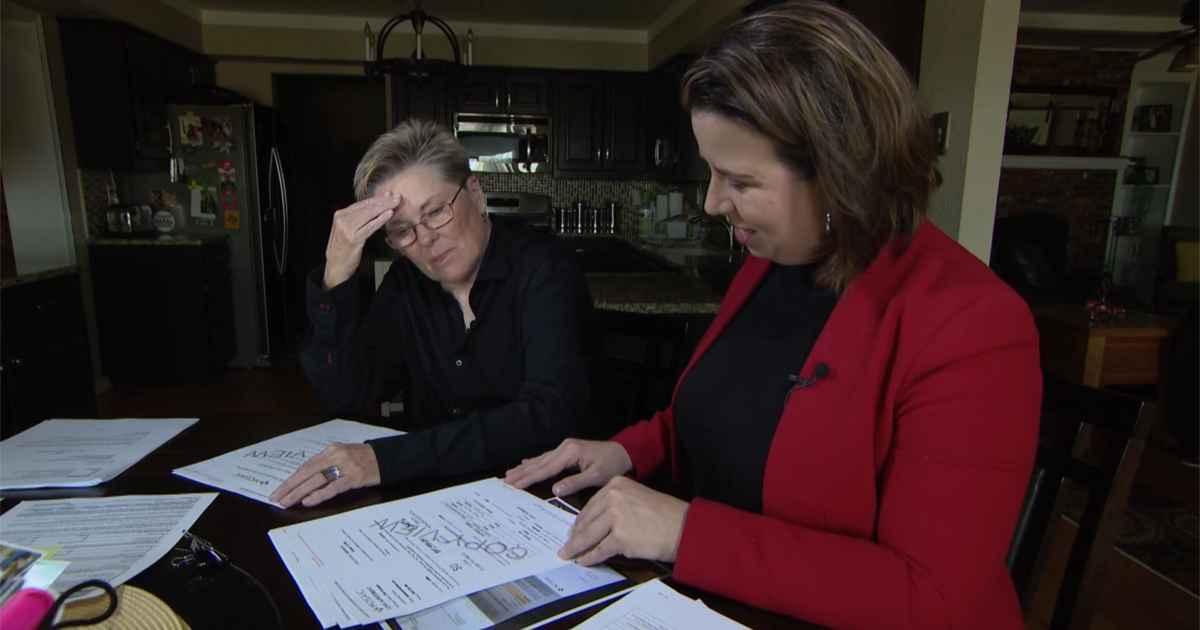Treatable Condition Can Be Misdiagnosed As Alzheimer's
DALLAS (CBSDFW.COM) – More than 5 million Americans have been diagnosed with Alzheimer's disease, but for some of those patients, the diagnosis was wrong.
Experts say some of those people are actually suffering from another – treatable – condition with similar symptoms.
"I was concerned … because my dear departed mother had Alzheimer's, so in the back of my mind, I thought, do I have Alzheimer's? Or is it some other issue?" asked Dennis McGrath, 71.
McGrath said he felt as if he was aging overnight. He had trouble with mobility. He was becoming less and less independent, and family members began wondering if he should move to a nursing home.
Those symptoms kept getting worse.
McGrath soon went to a neurologist and then a neurosurgeon, who conducted several tests including an MRI and a spinal tap.
He didn't have Alzheimer's. Doctors diagnosed him with a condition called Normal Pressure Hydrocephalus, or NPH. The condition is considered to be one of the very few treatable causes of dementia, and an estimated 400,000 Americans suffer from it.
"Those patients, unfortunately, can be mistaken for other forms of dementia," said Dr. Sabatino Bianco, a neurosurgeon.
The condition has many of the same symptoms as Alzheimer's. Those who have it notice severe forgetfulness. They have bladder control problems. But the one giveaway that the condition is likely NPH? It's the way people walk.
"Do they walk with nice, high steps like they did in the past? Or do they kind of, the feet are turned out and they shuffle, completely shuffle," Bianco said. "They cannot raise their foot from the ground."
Shuffling is a sign of NPH, but some doctors may miss that symptom, XXX said. Experts believe the condition goes undiagnosed as much as 90 percent of the time.
And unlike Alzheimer's disease, there's a quick and effective treatment for it. A tube inserted into the brain to drain excess fluid from the brain into the stomach, where it can be absorbed.
Bianco said the procedure takes about 45 minutes.
"You know, I was a little bit concerned. But I thought, hey, that's my life; I want to live," McGrath said. "It turned out it was the right decision. It was basically painless."
The shunt may need to be adjusted; removing too much or too little fluid can cause symptoms to reemerge. That adjustment is done with a magnetic device in the doctor's office.
"If you look at the NPH patient that we treat, about 80 percent are significantly better," Bianco said.
Two years after McGrath's surgery, he's once again independent. He's driving now, and even works part-time as an architect.
"I think I still have a very useful, active life," he said.
Something he had, before it started to "slip away," as he termed it.



